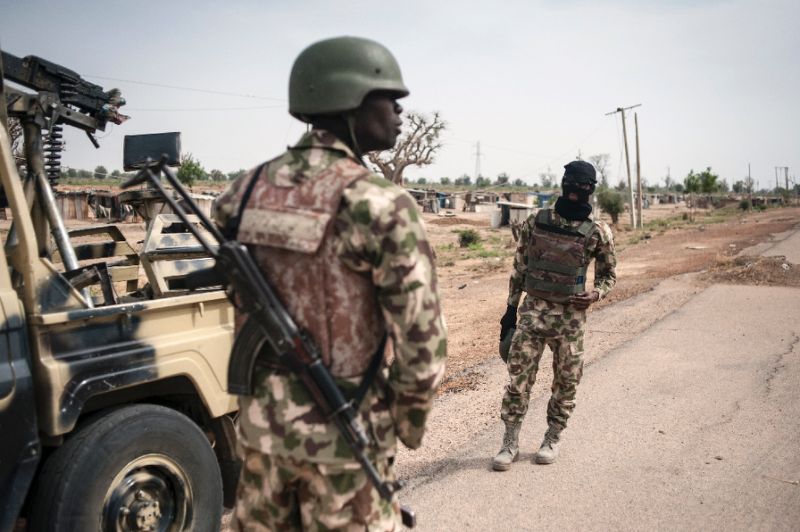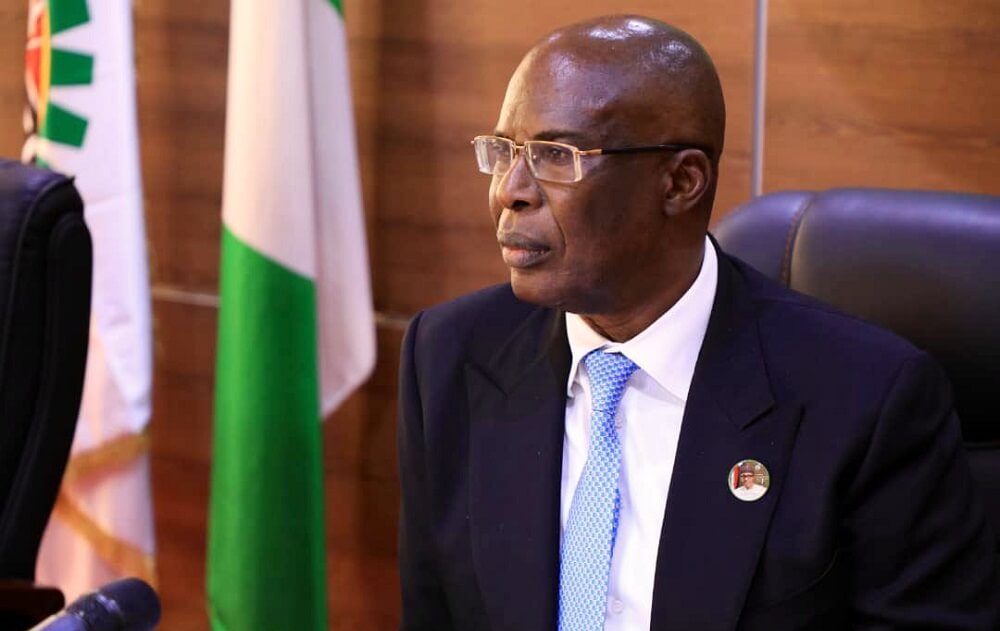A few years ago, I spent months helping to create materials to help local organisations navigate the overcomplicated global humanitarian system. Today, the same tools can be researched and drafted in mere minutes using ChatGPT.
With a few back-and-forth exchanges, the artificial intelligence chatbot can quickly summarise funding opportunities for local humanitarians, explain complex grant requirements, and even draft passable project proposals.
This made me wonder: How else could this technology be used to build a more transparent and accessible humanitarian system?
Decolonising aid is one of the humanitarian sector’s greatest challenges – it would be naive to think that the solution lies in the internet’s latest AI fixation. But ChatGPT’s potential as an equalising force in humanitarian action shouldn’t be dismissed.
What ChatGPT does reasonably well – transmit, clarify, and simplify information – are precisely the areas where hyper-technical aid industry requirements for funding have failed and excluded grassroots humanitarians around the world.
If we refuse to pay attention to this new technology, we may miss out on opportunities to harness it for change.
Here are four simple ways local and international aid organisations can use ChatGPT to help balance the humanitarian playing field.
Create content to amplify local voices
Good communications and media content can be a golden ticket to new advocacy and funding opportunities in the humanitarian world, but locally led organisations often lack the resources to invest in these materials. With so little core funding available to support overhead costs for grassroots groups, staffing communications-related positions is a real challenge.
ChatGPT can help fill some basic gaps. It can draft social media posts, media pitches, press releases, and articles with surprising efficiency. For overworked and understaffed groups, this can help get out critical fundraising calls and awareness-raising information in the earliest moments of an emergency.
Of course, a chatbot will never be a real replacement for social media experts or skilled press officers – nor an alternative to providing the flexible funding grassroots organisations need to truly amplify their voices over the long term. But in the meantime, it can throw a lifeline of writing support when activists most need to be heard and seen.
Navigate complex funding mazes
ChatGPT could also be helpful for local organisations looking to gather information about funding opportunities. Not only are financing options limited, they are also often difficult to find, understand, and compile – often requiring hours of research to even scratch the surface of what is available and relevant.
ChatGPT can do some of the early legwork: Typing in “explain Canadian funding opportunities for local organisations in Ukraine,” for example, generates some of this information in language that is often more comprehensible than the complex requests for proposals that humanitarians must sift through if they want to access the global funding system.
To be clear, the international community’s priority should be to streamline more nimble partnerships with local groups. But until that happens, ChatGPT can make it easier to complete onerous applications, proposals, and reporting requirements. Some expert users have already shown how artificial intelligence tools like ChatGPT can draft logframes – and other essential documents used for project monitoring and evaluation – that are comparable to “real” ones.
Minimise legal and administration costs that slow action
ChatGPT and similar AI programmes could help with the burdensome legal and administrative processes that still cause unnecessary delays for local humanitarian responders.
Grassroots groups are often bogged down by the paperwork from onerous financial and contractual requirements – the product of a risk-averse system in which local groups aren’t trusted to manage resources effectively, or are even assumed to be corrupt.
Outside of the humanitarian sector, ChatGPT has already been shown to draft contracts, indemnity clauses, non-disclosure agreements, and checklists for GDPR privacy regulations. While streamlining these processes based on mutual trust must be the aid sector’s first priority, exploring how artificial intelligence tools can reduce precious administrative costs at local NGOs may ease some of the burden.
Identify local organisations in crisis response
For international groups, the first step to supporting local counterparts is knowing who’s there. While some good resources for tracking local NGOs exist, they are still often under-utilised and incomplete – especially when it comes to identifying more specific subgroups of grassroots organisations, like those focused on women and girls.
Enter prompts to find “grassroots humanitarian organisations in Somalia”, or “local human rights groups in Iran”, and ChatGPT will generate a list that might otherwise take hours of research to compile from multiple sources.
Even more detailed instructions, for example, to list “women-led local organisations in Syria”, generate helpful results. ChatGPT adds a caveat in each of these cases – a reminder that the situation is “volatile” and “changing”, so to “check with local authorities for the latest information” – but its findings are still a starting point to help identify potential partners for crisis response.
There are other caveats and limitations. Like all artificial intelligence, ChatGPT comes with biases that are formed by its training, so how it defines concepts like “women-led”, or even “grassroots” may be shaped by its own assumptions.
Searching for “local humanitarian organisations in Haiti”, for example, brings up a list of international groups that aren’t locally led but have a significant enough web presence to be picked up by ChatGPT’s algorithms. This likely means that truly local organisations that lack search-engine optimised websites or social media accounts may get left behind.
However, at a time when many international organisations still forgo these partnerships altogether because this research is seen as too time-consuming or resource-intensive, ChatGPT provides a launch pad – and no excuses.
Make no mistake: ChatGPT is not the silver bullet that rectifies the aid sector’s power imbalances, or that drives its stalled localisation reform promises.
Real change can only come from real people who hold real power – and the willingness to give up some of that power.
But ignoring ChatGPT altogether is a missed opportunity. If humanitarians are serious about creating more just and effective emergency responses, we can use all the help we can get – real or artificial.
Aanjalie Roane is director of communications at Médecins Sans Frontières (MSF) Canada but is writing this in a personal capacity.



![OPINION: Buhari’s presidency at Nigeria’s expense [1]](https://i0.wp.com/www.ripplesnigeria.com/wp-content/uploads/2022/01/Ugo-Onuoha.jpeg?fit=300%2C162&ssl=1)











